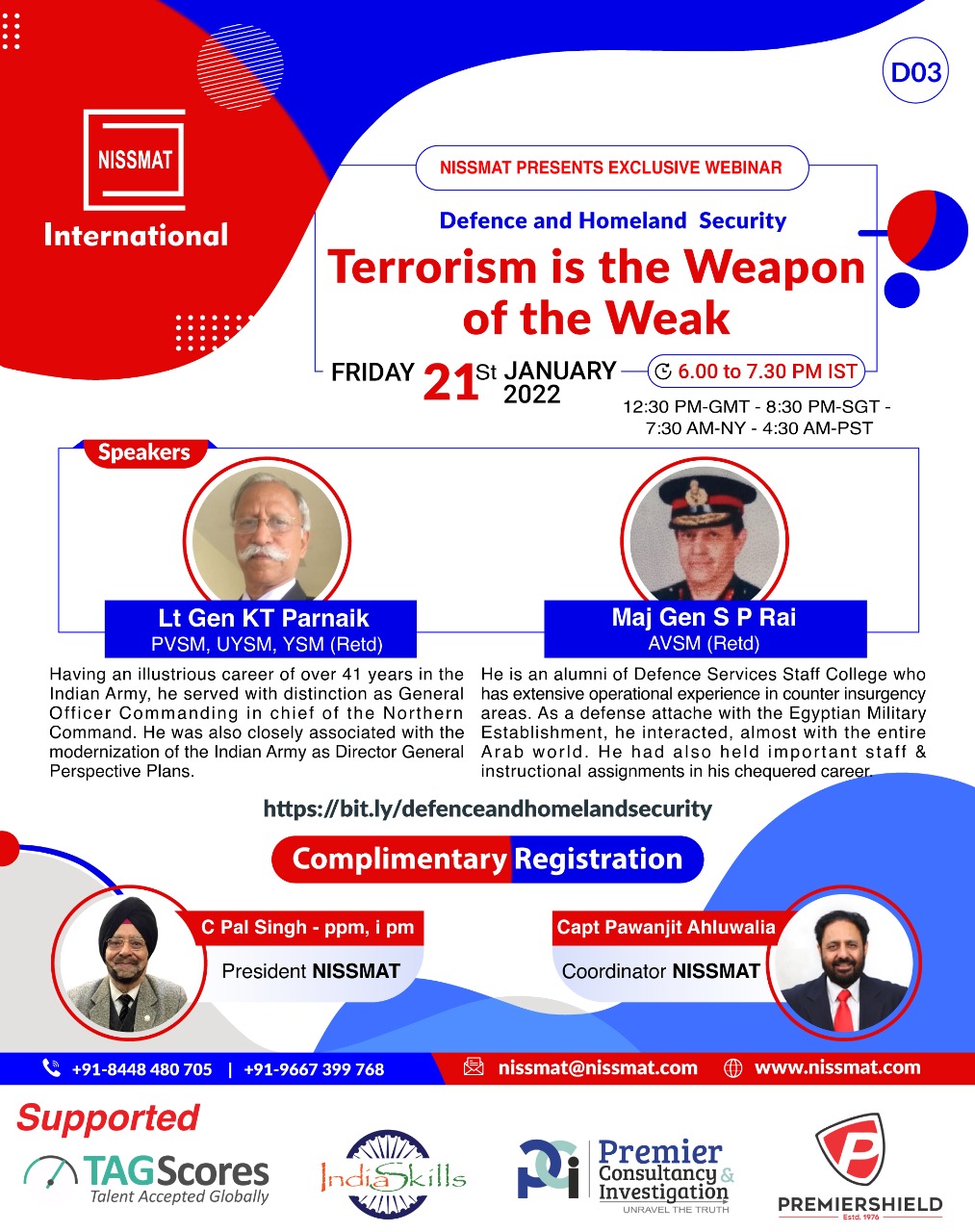It is often said that Terrorism is practiced by weak and marginalized groups, which are not able to influence the policies of the government through negotiations and other means. They are otherwise weak and cannot hope to change the prevailing policies and ideologies of the Govt. in power.
They thus engage in sporadic acts of Terrorism to attain more visibility, position, propaganda, and attention. It is believed that the terrorists use violence and indulge in indiscriminate killings since they are not, otherwise, able to bring about the change in the prevailing policies of the govt.
The argument that Terrorism is the Weapon of the Weak is based on the weaker military strength relative to the strength of the govt. or establishment.
The hypothesis that Terrorism is the Weapon of the Weak should mean that, greater the strength of the govt. organization lesser should be Terrorist activities. However, it is not always true.
The relationship between relative strength and weakness is mostly taken for granted. It is perhaps difficult to measure the strength of the Terrorist with the strength of Armed forces under the govt.
In this webinar, two professionals shall analyze the deep-rooted conventional thinking that Terrorism is the Weapon of the Weak.
Join the NISSMAT Webinar on “𝐓𝐞𝐫𝐫𝐨𝐫𝐢𝐬𝐦 𝐢𝐬 𝐭𝐡𝐞 𝐖𝐞𝐚𝐩𝐨𝐧 𝐨𝐟 𝐭𝐡𝐞 𝐖𝐞𝐚𝐤” scheduled on 𝟮𝟭𝘀𝘁 𝗝𝗮𝗻 𝟮𝟬𝟮𝟮 at 𝟲 𝗣𝗠 (𝗜𝗦𝗧).

